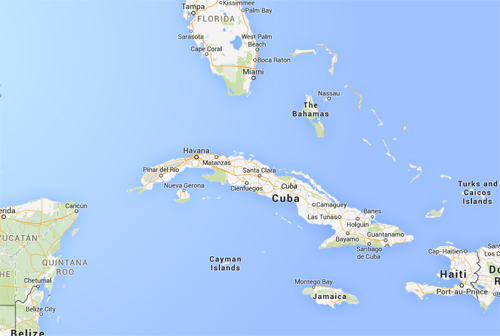 The Lego Movie
The Lego MovieVoices: Frankly, everyone
Fun, smart, silly movie.
A CGI-animated film that is designed to look like a film created by stop-action Lego blocks. Really.
Nice story within the story, as well.
And nods to all sorts of literature and movies: 1984, The Matrix, Ghostbusters, Star Wars…I really had no desire to see this, but I’m certainly glad I did. I’ll have to see it again sometime, just to try to catch some of the things going on at the edges. There seemed to be a lot of that, like in Tim Burton’s “Nightmare Before Christmas.”
Watch the credits, and yes, well done. (Actually IS stop-action animation of Legos – took almost a year to make.)
Believe me: “Everything is Awesome.”
It seems as though no matter where/when you wander on the web, there are stories about how email is dead, should be dead, will soon be dead and so on (too many to link to; try this Google Search for “Email is dead” – hundreds of thousands of results going back years).
Lot of email hate out there, and I can’t disagree too much: Email is something the average worker has to commit waaay too much time to on an ongoing basis (Let’s leave personal use out of this discussion; similar discussion, but less of an issue.). There HAS to be a better way!
Yet for all the email killers offered – IM, Skype, Slack, cloud offerings, social networks and so on…well, email has not died.
Maybe email use has somewhat declined in some respects (younger internet users), but it is still the informational currency of business. Companies are still heavily invested in in-house email (usually Microsoft Exchange Server/Outlook) solutions and email attachments.
Quite honestly, at the end of 2014, that’s how businesses operate. Even if companies have extensive cloud accounts, FTP servers and so on. For the average cubicle-dweller, Outlook with Excel/Word/PDF attachments is your life.
Pretty much as it was back in 1996 or so…
How did this happen?
——————————–
A look back
——————————–
In the computer world, there are “killer apps” that made all that became before (in that space) somewhat obsolete. The command-line world of Unix/DOS gave way to GUI systems. No going back for the non-geek.
The closed-walled garden of AOL, Prodigy and so on gave way to the open-garden World Wide Web. Totally changed everything. Once launched, Photoshop dominated photo-processing (hell, it became a verb).
Over time, as computers became more common, the killer app could change but in more modest/incremental ways: VisiCalc was the first spreadsheet program – a killer app that made getting a computer a requirement. VisiCalc gave way to Lotus 1-2-3, which gave way to Excel. In the latter two cases, you already had a computer, you just switched to the newest flavor of the killer app – but you HAD to have it to read files others would email you…
Yes, WordStar & Xywrite (DOS) were replaced with WP5.1 (DOS), which was then replaced with (GUI) MS Word and, today, Google Docs and so on. Just a simple progression of word processors.
But for the average user – despite the window dressing – there are only two internet apps: email and browser. (Something they never had before.)
These are, to the non-geek user, the only way one’s computer interacts with the internet. Even those savvy enough to use FTP usually (again, this is business customers) use IE as their “FTP client.”
To them, FTP is not part of the internet, it’s a browser-supported function.
And while the tools may have changed a bit (IE=>Firefox or Safari or Chrome; Outlook=> browser-based email with varying levels of functionality).
One has a slew of desktop applications: Word, Excel, Photoshop, Quicken…
The internet is still: browser application and email application.
Two different worlds (yes, not….).
——————————–
Where we are today
——————————–
Well, credit Microsoft for bulking its Outlook program so well that it basically absorbed (for better or for worse – not today’s topic) the vast functionality it has today: email, threading, calendar, attachments. To most users, Outlook (or some equivalent) and a browser is all one needs for the internet, and MS Office for “offline” use.
And to be honest: For MOST users, that’s true, and that’s what they think.
So WHY would anyone dump email?
It’s a hard call, because no matter how far apps have advanced, there IS NO email killer.
Try to kill it with IM/Skype and so on, and email will continue. Sorry.
It’s The Email Zombie Apocalypse.
Update 12/30/2014: According to a new Pew Survey, what I’ve been blathering about is true. For the average, sit-at-a-desk office worker, email is the one can’t-live-without tool that workers value.

 On Thursday, Dec. 18, 2014, Comedy Central broadcast the last show of Stephen Colbert’s “The Colbert Report.”
On Thursday, Dec. 18, 2014, Comedy Central broadcast the last show of Stephen Colbert’s “The Colbert Report.”
 The Fault In Our Stars
The Fault In Our Stars